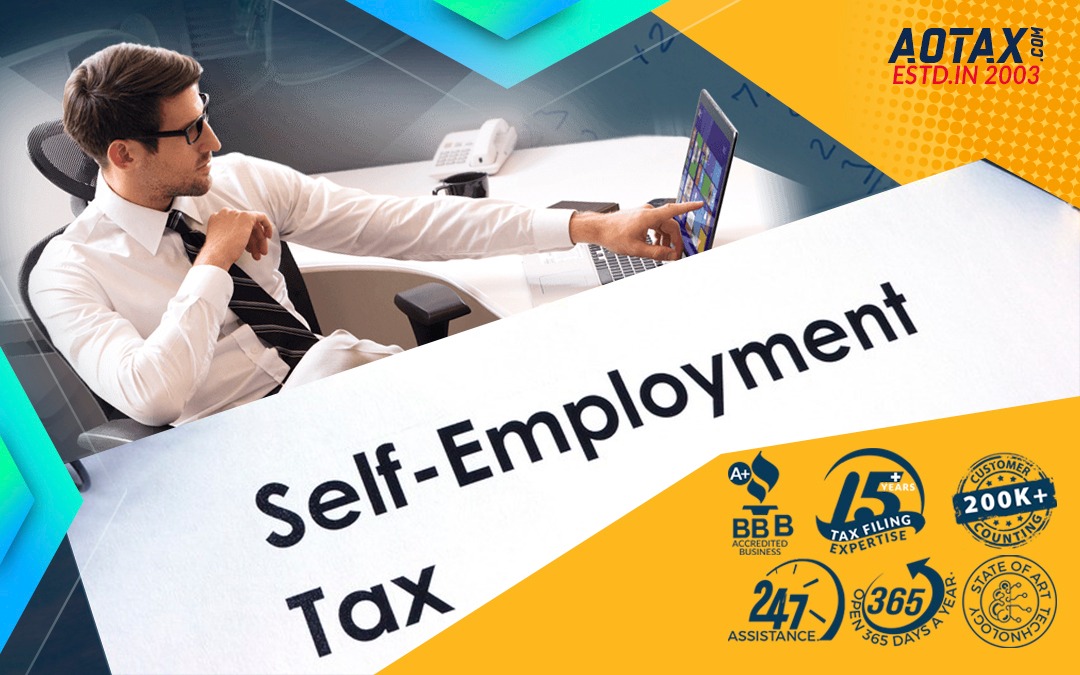The most beneficial deductions are business deductions that offset both income tax and, depending upon the circumstances, self-employment tax. For 2018, the self-employment tax rate is 12.4% of the first $128,400 of net self-employment income plus 2.9% for the Medicare tax, with no cap. Some high-income taxpayers may pay an additional 0.9% Medicare tax. For self-employed businesses with less than $128,400 of net income, the self-employment tax rate is 15.3%. Thus, for small businesses with profits of less than $128,400, the benefit derived from deductions generally will include the taxpayer’s tax bracket plus 15.3%. For example, for a taxpayer in the 24% tax bracket, the benefit could be as much as 39.3% (24% + 15.3%) of the deduction. If the deduction were $2,000, the tax savings could be as much as $806 or more, when the taxpayer’s state income tax bracket is included.
It might so happen that one fine day you decide to pack your bags and come back home. When you do,
there are a few things that you must take special care of. For starters, your investments and tax
implications. In general, the tax laws for NRIs returning to the country are fairly generous. However, you
must not be complacent.
A bit of careful planning will ensure that you do not run into any surprises when you come to India, as
far as your overseas income and investment are concerned.
Tax Resident Status
Your tax liability on the income largely depends on your residential status. The FEMA (Foreign Exchange
Management Act) and the Income Tax Act govern all these tax rules and regulations. The FEMA keeps a
track of all the transactions taking place outside the country for Indian residents.
These transactions include foreign bank accounts, money transfers, remittances, lending, gifting, etc.
Any investment in real estate or mutual funds is also taken care of by the FEMA.
The income tax act on the other hand, looks after the tax liability arising out of such investments.
As per the FEMA guidelines, an NRI is someone who currently stays out of India but either is a citizen of
India or a person of Indian origin. They must meet either of the following conditions to become a PIO or
a person of Indian origin.


Recent Comments